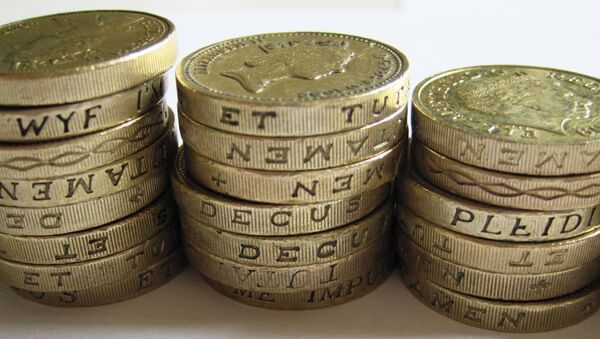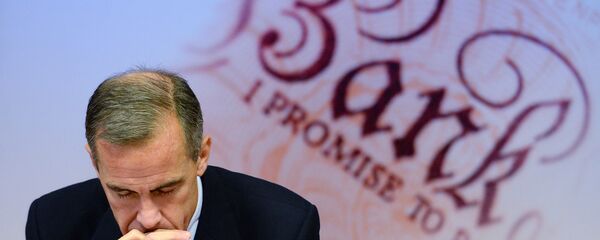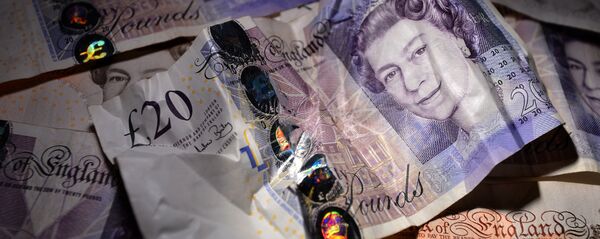Kristian Rouz – Mark Carney, Governor of the Bank of England (BoE), delivered a speech in the House of Lords on Tuesday, defending the bank's current, slightly more accommodative monetary policies, to the sheer disappointment of Brexit enthusiasts.
Carney’s speech emphasized the differences in views on how the UK should handle Brexit, which are brewing among British decision-makers. Prime Minister Theresa May advocates a ‘hard Brexit’ scenario, with a provision for the country's comprehensive partition from the EU by April 2017, and has been contemplating a tighter monetary environment coupled with extended fiscal stimulus in the form of less budget spending and tax breaks. Carney, for his part, defended the BOE's current policy on Tuesday, one of the highlights of which was a cut in base borrowing costs in August to 0.25pc from 0.5pc.
"The (quantitative easing, QE) package that we put in place in August had four elements to it, to provide stimulus through different channels, and also to show that the Bank would not slavishly rely on QE if additional stimulus were to be required,” Carney said. "We are mindful of the side effects of QE," he added.
The biggest concern for the British public and currency traders at this point is still the volatility in the dollar exchange rate after the recent massive flash crash and the devaluation over the year from roughly $1.45 to the current $1.22. Carney addressed the issue, saying that the recent developments are “fairly substantial,” and will be accounted for when setting course for the upcoming decisions on interest rates.
Apparently, August’s cut in rates added some downward pressure on the sterling. Carney, however, said the BOE does not set any target for the pound’s FX rate.
"Sterling starts to really move as it becomes clearer the timing of the Article 50 (the UK leaving the EU) triggering, and the market's perception – and I really underscore it's the market's perception – of what the potential relationship will be between the United Kingdom and Europe," the BoE governor said.
Nevertheless, he dismissed any probability of a negative interest rates policy (NIRP) being implemented in the UK. Negative rates, Carney said, have “something unnatural” to them that undermines investor confidence.
By spring, Carney said, inflation will have accelerated to 1.5-1.8pc, closer to the BoE target of 2pc. He noted, however, that gains in inflation are not only attributable to the plunging pound, as there are many coinciding factors, such as improved consumer confidence and retail sales. However, the effects of the currency plunge will reveal themselves soon, in a positive way, Carney said.
The recent dynamics of the pound’s FX rates will provide an even greater boost to exports as the British-made goods and services gain a competitive edge in the international market. Imports will, however, become more expensive and less competitive in the domestic market, with consumers reducing their purchases of imported goods. This will help narrow the current deficit, Carney said, a huge problem for the BOE now. When a nation’s foreign trade balance is in negative territory, the governor explained, central bank independence, investment appeal and access to international markets are restricted somewhat. Therefore, overcoming the trade deficit is a crucial task for the UK’s economy.





